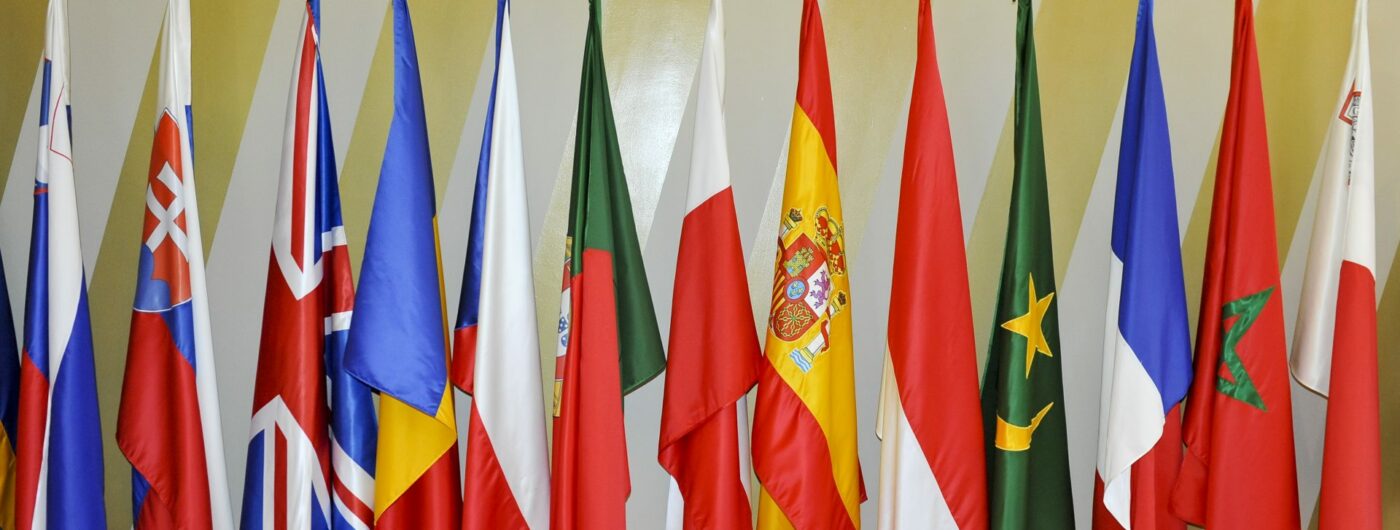
UfM Member States approve 4 new regional development projects
Barcelona, 2 June 2016. During this third SOM of 2016, the Senior Officials of the 43 Member States met at the Dead Sea, Jordan. The meeting took place back-to-back with the 1st UfM Ministerial Meeting on Regional Cooperation and Planning, during which the Ministers emphasized the need to boost economic integration among the countries in the region as one of the means to create opportunities for the necessary inclusive growth and job creation, and highlighted the crucial role of the Union for the Mediterranean to that effect, welcoming the work of the UfM Secretariat to help facilitate progress in regional cooperation, thus addressing the three key interrelated priorities of the region: human development, stability and integration.
During their meeting, the Senior Officials approved four new regional projects promoting youth employment, maritime trade, quality education and urban regeneration. The labeling of these projects brings the total number of UfM-labelled regional cooperation projects to 45 projects, worth over 5 billion euros.
The new labelled projects target the three interrelated regional priorities of the UfM work, namely human development, integration and stability. The project Elaboration and implementation of a demand-driven toolbox for youth-orientated, innovative labour market services in the MENA region – “Toolbox Project” aims at setting a regional demand-driven toolbox for youth-orientated labour market services in order to assess existing labour market tools, enable peer learning and knowledge exchange on a regional and international level and to encourage the innovation and transfer of promising approaches within and among the participating countries. The project falls within the Med4Jobs Initiative. Another labelled project Multi-Site Regeneration (MSR) Project in Jericho, is the fourth project presented to the UfM Senior Officials for labelling under the UPFI Project initiative. It will address the environmental and social needs of the population through improving the food security chain and municipal services and upgrade the city centre though urban renewal and integrated urban planning.
The project OPTIMED IMPLEMENTATION: Implementing a new Mediterranean Corridor: from South-Eastern to North-Western ports aims at the optimization and strengthening of trade connections among the ports of the Mediterranean area through the improvement of commercial connections amongst public and private operators of the maritime transport and logistics sector, from the countries of the north-western Mediterranean shore and those of the south-eastern Mediterranean shore, while the project Eastern Mediterranean International School, EMIS is a new international high school in Israel encouraging mobility and welcoming outstanding pupils, aged 16 to 18, from the Euro-Mediterranean region. Around 800 teachers/educators will be trained in the pedagogic approach developed by the project and 2000 young people, teachers, and professionals will benefit from the project in workshops and seminars over the next four years.

